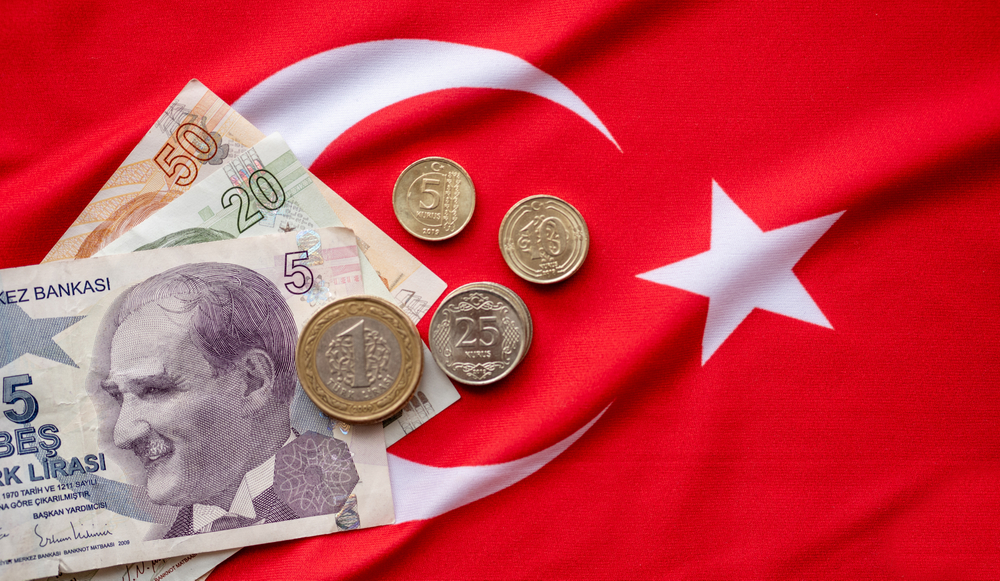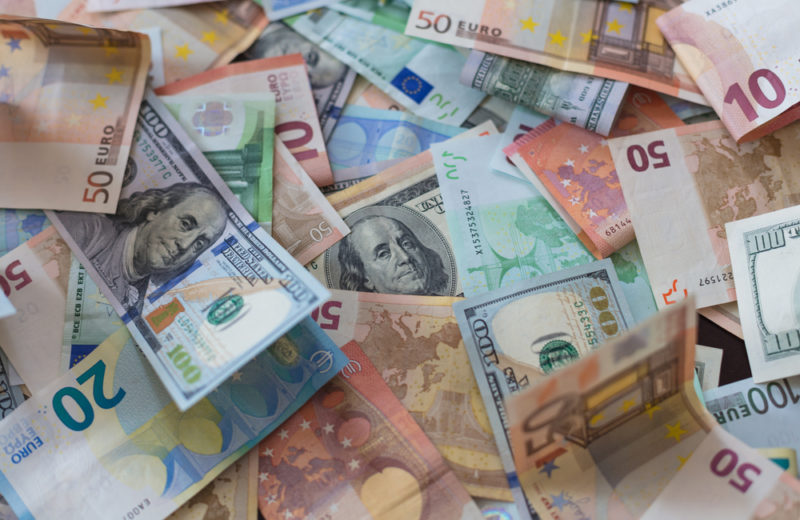On Wednesday, Turkey and the United Arab Emirates announced a nearly $5 billion swap deal in local currencies. This was a sign of warming diplomatic relations that will provide financial support to Ankara as it faces economic turmoil.
The agreement between the countries’ central banks comes after the regional rivals attempted to mend relations that had become severely strained after the 2011 Arab Spring uprisings.
Turkey could use foreign currency to bolster its reserves. They are at a two-decade low on a net basis after the central bank began costly market interventions last month to support the tumbling lira. The lira fell 44 percent against the dollar last year. It was 0.5 percent lower at 13.6 as of 10:39 a.m. GMT. Some economists were skeptical that the swap agreement would provide relief. We do not see the swap agreement as a meaningfully positive development because it only increases the headline gross reserve series but does not add to (central bank) hard currency reserves, Goldman Sachs (NYSE: GS) wrote in a note.
In a joint statement, the two central banks stated that the agreement was for three years with the possibility of extension. It has a nominal value of 64 billion lire ($4.71 billion) and an actual value of 18 billion dirhams.
Agreement detail
This agreement demonstrates the two central banks’ commitment to expanding bilateral trade in local currencies to advance economic and financial relations between our countries.
The Turkish central bank was wrapping up talks with its counterparts in the UAE and Azerbaijan. They should reach at least one deal likely to be reached soon.
The agreement follows Abu Dhabi Crown Prince Sheikh Mohammed bin Zayed al-November Nahyan’s visit to Turkey.
Turkey has approximately $23 billion in swap agreements with China, Qatar, and South Korea.
Turkey’s foreign reserves depleted following a series of currency market interventions in 2019-2020. Hence, Ankara was looking for swap deals with the United States, the United Kingdom, Russia, and Malaysia.
On January 7, the central bank’s net international reserves fell below $8 billion, the lowest level since 2002.















